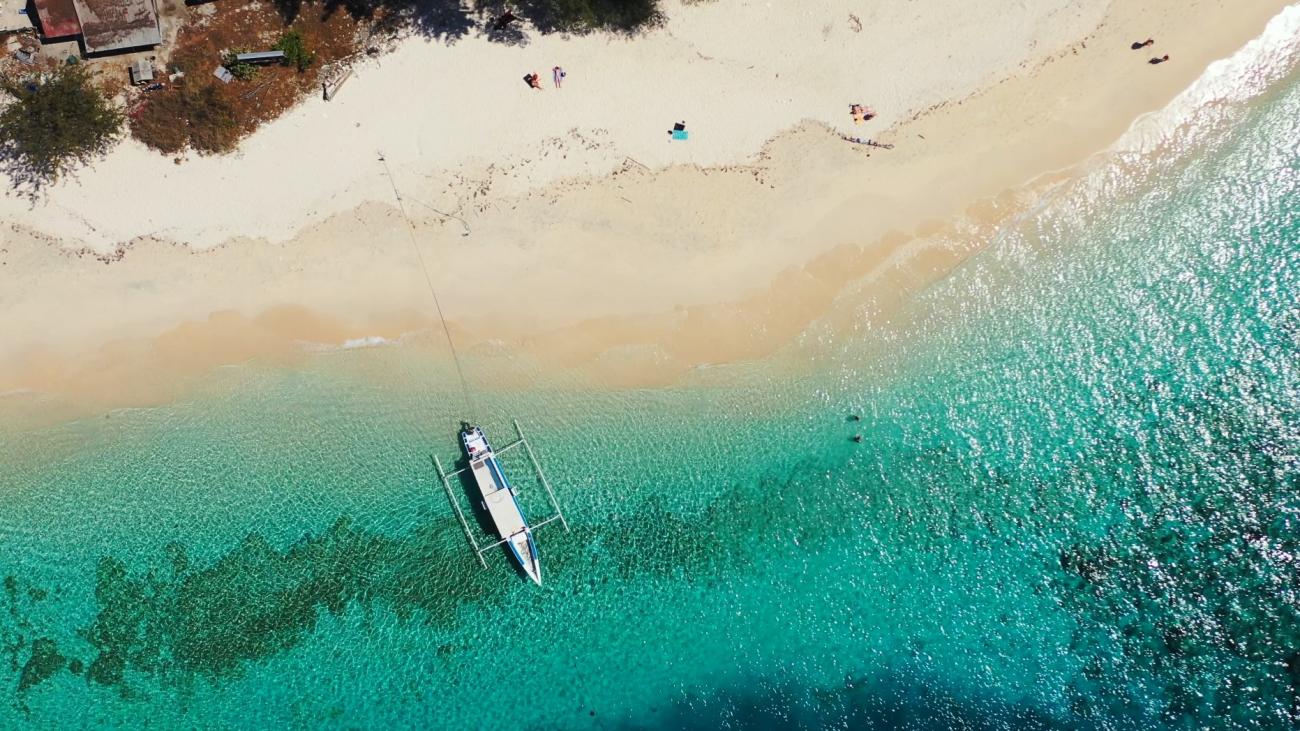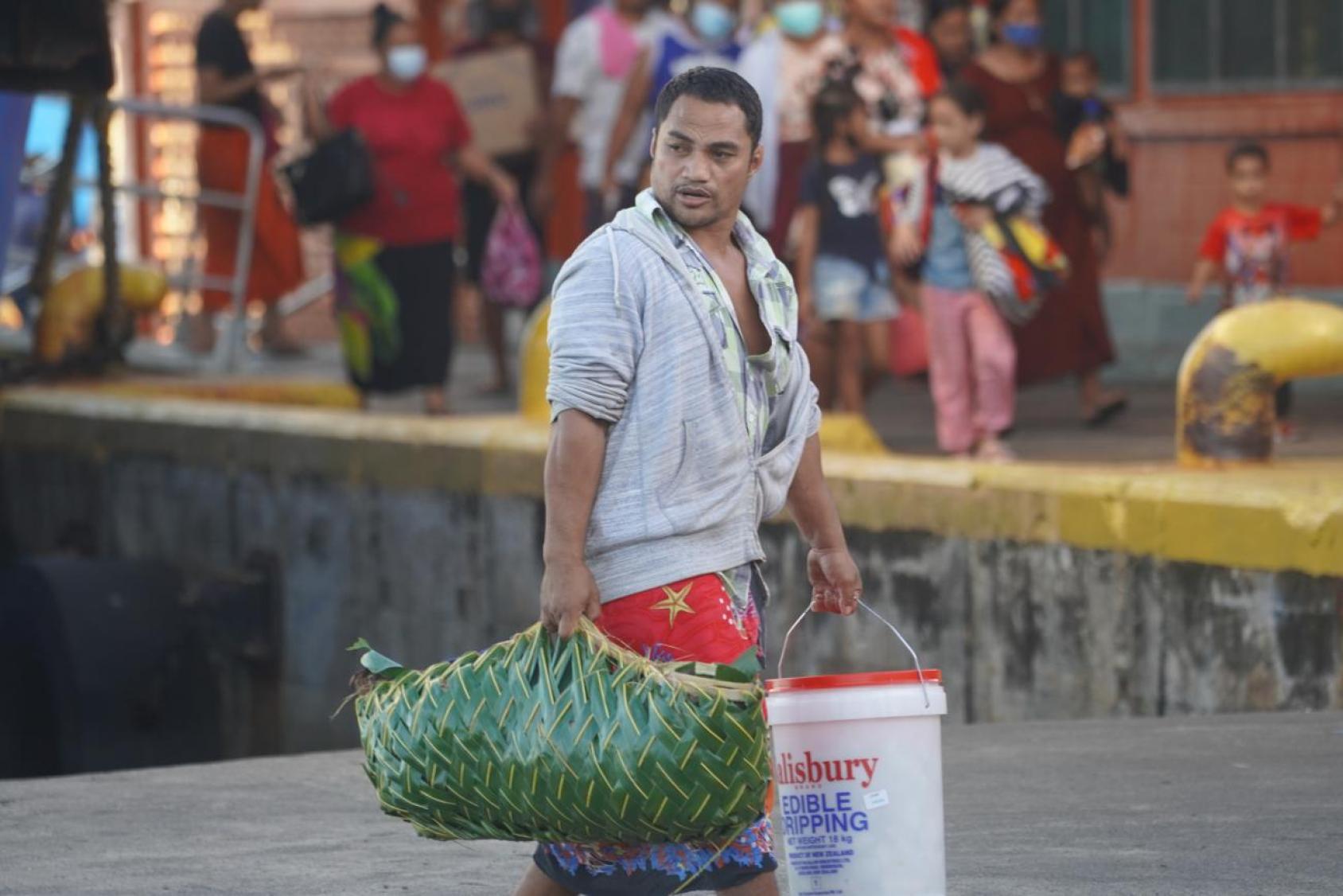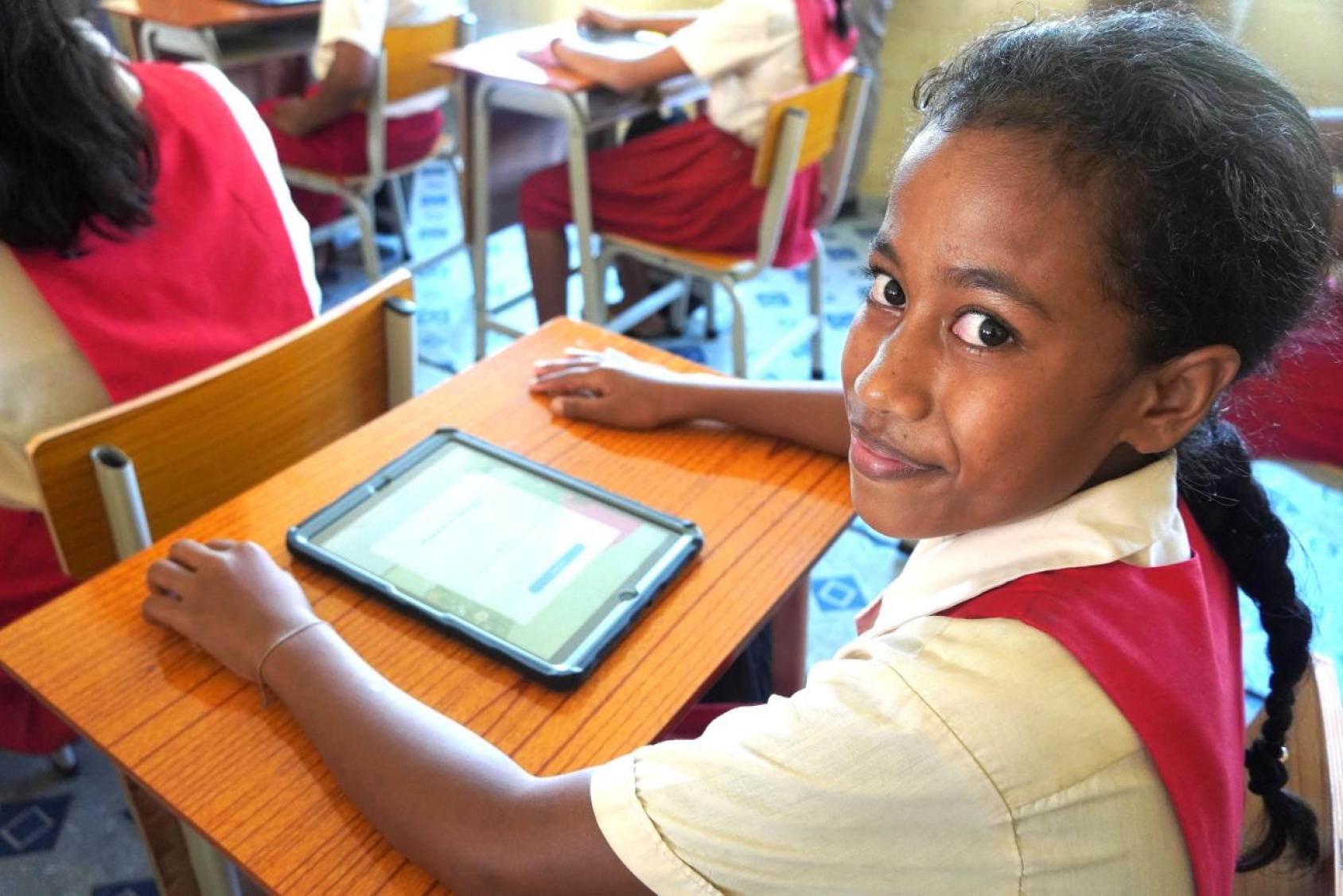From Samoa to Antigua: Charting a New Course for Pacific SIDS

The 4th International Conference on Small Island Developing States (SIDS4) is a critical juncture for the international community to stand strong with Small Island Developing States (SIDS) across regions, including the Pacific. The United Nations has a long history of collaboration with SIDS, working together to overcome hurdles and build a prosperous future.
While these island nations are renowned for their breathtaking beauty – vibrant cultures, diverse ecosystems, and crystal-clear waters – a harsher reality lurks beneath the surface. Pacific SIDS face existential threats from climate change, including frequent cyclones, rising sea levels, and natural disasters. For example, Vanuatu experiences 2-3 severe cyclones annually, while Tuvalu's sea level has risen 0.15 meters in 30 years and could double by 2100. The 2019 Samoa tsunami and the 2022 Tonga volcanic eruption further highlight the region's vulnerability.
The Samoa Pathway: Reflecting on progress
The SIDS3 conference was held in Apia, Samoa and developed the Samoa Pathway, the framework guiding sustainable development in SIDS for the past decade (2014- 2024). The Samoa pathways is aligned with 2030 Agenda for the Sustainable Development Goals (SDGs), and which has informed the 2050 Strategy for the Blue Pacific Continent.
Pacific nations have demonstrably integrated the Pathway into their national policies. For example, guided by the Pathway and related strategies, Pacific SIDS have made strides in education, boosting distance learning and teacher training. Additionally, these islands have seen a significant reduction in unplanned pregnancies – a major factor in girls' education – dropping from 60 per cent to 30 per cent over the past two decades. Actual fertility rates however remain higher than desired levels, highlighting the need for continued efforts in family planning.
Substantive progress by Pacific SIDS has also been made in the areas of national early warning systems for tsunamis and other coastal hazards and all Pacific SIDS now have disaster risk management and response plans prepared.

However, challenges persist. Securing sufficient financial resources and accessing sustainable finance mechanisms, like climate finance, remain hurdles. For instance, SIDS often face significant financial constraints, including limited domestic resources and high debt levels. Additionally, the traditional reliance on Gross Domestic Product (GDP)/ Gross National Income (GNI) per capita as a primary indicator for development finance can overlook the specific needs and vulnerabilities of these nations, making it challenging to fund crucial areas like renewable energy, climate adaptation, and sustainable development.
Unlike more developed countries, Pacific SIDS often have limited economic diversification and a higher dependence on natural resources. This makes them especially vulnerable to external shocks like climate change and economic downturns.
The UN country team, under my leadership, has been a steadfast partner in supporting the implementation of the Samoa Pathway in the Pacific. One key focus has been enhancing economic resilience. Recognizing the unique vulnerabilities faced by SIDS, the UN supported the development of the Multi-Dimensional Vulnerability Index (MVI). This comprehensive tool assesses a country's susceptibility to various shocks, including economic crises and natural disasters. By utilizing the MVI, SIDS can more effectively demonstrate their specific needs and vulnerabilities, making a stronger case for accessing concessional financial support at the appropriate scale. This means securing financial assistance with favorable terms, often including lower interest rates. This targeted assistance is vital for SIDS to achieve sustainable development and build resilience against future challenges.

Looking ahead
The SIDS4 Conference in Antigua and Barbuda (27-30 May 2024) signifies a pivotal moment for SDG acceleration in SIDS. Under the theme "Charting the Course Toward Resilient Prosperity," representatives from governments, civil society, and private sector across 37 SIDS, including those from the Pacific, will convene to engage in discussions that will impact the futures of over 65 million people.
The SIDS 4 Conference ushers in a new era of collaboration. It's a chance to learn from the successes and challenges of the Samoa Pathway, address any shortcomings, and chart a course for a future brimming with resilience, sustainability, and prosperity for Pacific SIDS. As we embark on this transformative journey together, the UN's investment is a powerful testament to our unwavering commitment to supporting SIDS in achieving their long-term development goals.
This blog was written by Themba Kalua, UN Resident Coordinator heading the UN Multi-Country Office covering Cook Islands, Niue, Samoa, and Tokelau. To learn more about the work of the UN in the Pacific visit samoa.un.org
The 4th International Conference on Small Island Developing States offers a critical opportunity to explore the unique challenges SIDS face, but also to celebrate their solutions and potential. Resident Coordinators, with their in-depth understanding of local needs and resources, are instrumental in translating this knowledge into action.













